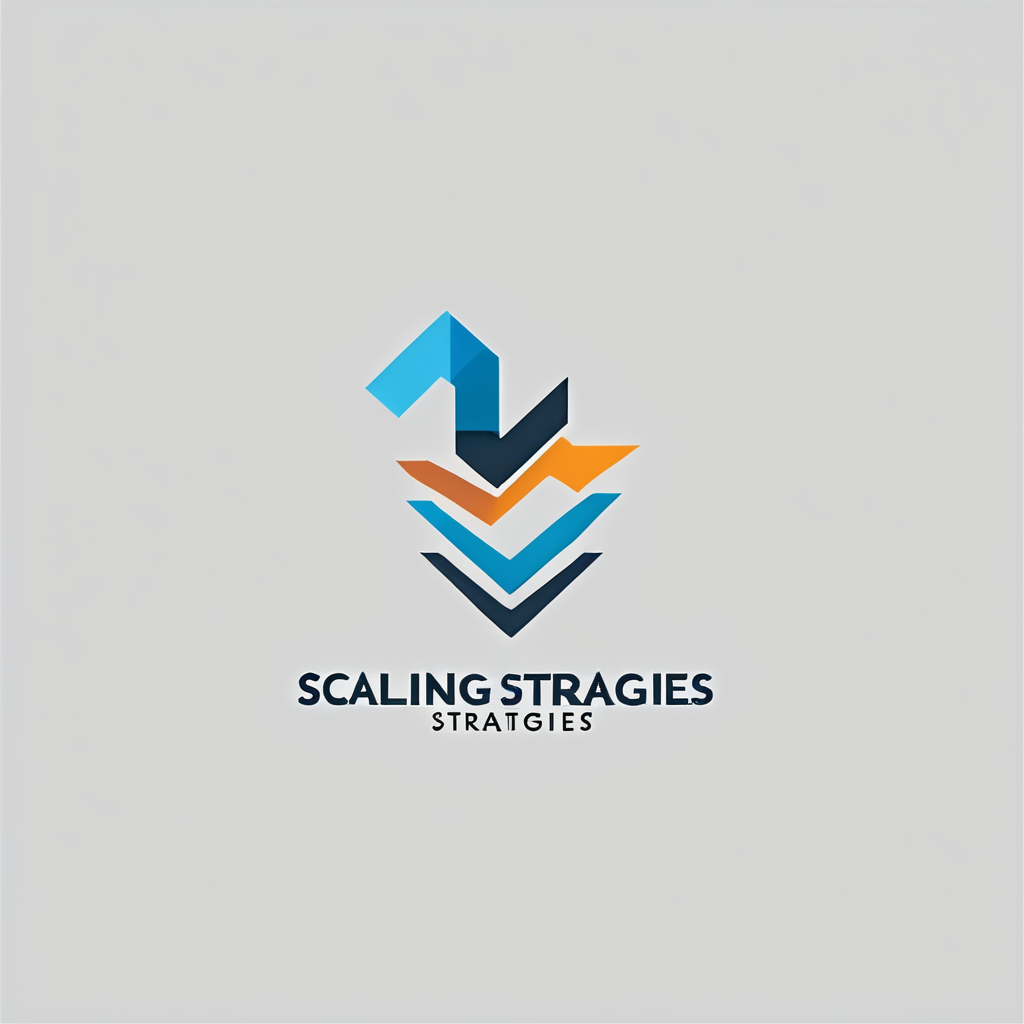In the ever-evolving landscape of modern work environments, the rise of virtual assistants has made remote work not only feasible but also highly efficient. For many businesses, especially in the UK, this transition comes with its set of regulations and compliance requirements. Whether you’re a small business owner or a manager in a larger company, understanding how to ensure compliance while working with a virtual assistant service is crucial. This article will delve into the necessary steps and considerations to maintain adherence to remote working regulations, ensuring both business efficiency and data security.
Understanding the Legal Framework for Remote Work
To navigate the complexities of remote work compliance, it is essential to grasp the legal framework that governs this mode of employment. The UK has robust laws that cover various aspects of remote work, including data protection, employment rights, and health and safety regulations.
Also to see : How can a UK-based online learning platform ensure accessibility compliance?
Employment Contracts and Legal Obligations
When hiring virtual assistants, it is important to have a clear and comprehensive contract in place. This contract should outline the terms and conditions of employment, including working hours, pay rates, and job responsibilities. Additionally, it must comply with employment laws regarding worker’s rights and protections.
Your contract should also cover the nature of remote work, specifying the expectations for communication and performance. Ensure that your virtual assistants are aware of their rights and obligations under UK law, including their entitlement to breaks, holidays, and other benefits.
Additional reading : What are the steps to set up a UK-based electric vehicle charging station network?
Data Protection and GDPR Compliance
One of the most critical aspects of remote working is ensuring compliance with the General Data Protection Regulation (GDPR). As business owners, you are responsible for the personal data collected, processed, and stored by your virtual assistants. This includes ensuring that data is handled securely and transferred in compliance with GDPR guidelines.
To comply with GDPR, you must implement robust data protection measures. This could involve using encrypted communication channels, secure cloud storage solutions, and regular audits to ensure data security. Additionally, your virtual assistants should be trained in GDPR compliance, understanding how to handle personal data responsibly.
Tools and Technologies for Ensuring Compliance
Leveraging the right tools and technologies can significantly enhance your ability to comply with remote working regulations. From time management software to secure communication platforms, the right technology can streamline operations and ensure compliance.
Secure Communication and Collaboration Tools
Effective communication is the cornerstone of successful remote work. However, ensuring that these communications are secure is equally important. Utilize secure communication tools that encrypt data, protecting against potential breaches. Platforms like Slack, Microsoft Teams, and Zoom offer various security features that can be tailored to suit your compliance needs.
Additionally, collaboration tools such as Trello, Asana, or Monday.com can help in managing tasks and projects efficiently. These tools provide transparency and accountability, allowing you to monitor your virtual assistants’ work without compromising on data security.
Time Tracking and Performance Monitoring
To ensure that your virtual assistants are working according to the agreed terms, consider using time tracking and performance monitoring software. Tools like Hubstaff, Time Doctor, and Toggl can provide detailed reports on how time is spent, helping you ensure that work hours are accurately recorded and invoiced.
These tools also offer insights into productivity, allowing you to identify any areas that might need improvement. By maintaining accurate records, you can ensure compliance with employment laws and avoid potential disputes.
Best Practices for Managing Virtual Assistants
Effective management of virtual assistants involves more than just assigning tasks and monitoring performance. It requires a strategic approach that encompasses clear communication, regular feedback, and adherence to legal requirements.
Establish Clear Communication Protocols
Clear and consistent communication is vital for remote working success. Establish protocols that detail how and when virtual assistants should communicate with their employers and colleagues. This can include regular check-ins, updates on project progress, and scheduled meetings.
Using a mix of communication channels, such as email, instant messaging, and video calls, can ensure that everyone stays informed and connected. Additionally, consider setting up a centralized platform where all communications and documents can be accessed easily by all team members.
Provide Regular Feedback and Support
Regular feedback is crucial for the professional growth of your virtual assistants. Schedule periodic reviews to discuss their performance, provide constructive feedback, and address any concerns they might have. This not only helps in maintaining high-quality work but also ensures that any issues are identified and resolved promptly.
Supporting your virtual assistants also means providing them with the necessary resources and training. Ensure they have access to the tools and information they need to perform their tasks efficiently and in compliance with regulations.
Ensuring Data Protection and Security
Data protection is a critical concern when working with virtual assistants. The data transferred between your company and your virtual assistants must be handled securely to comply with legal requirements and protect your business interests.
Implement Robust Security Measures
To safeguard your data, implement robust security measures such as firewalls, antivirus software, and secure access controls. Ensure that all devices used by your virtual assistants are protected against potential threats, and regularly update software to mitigate vulnerabilities.
Additionally, consider using Virtual Private Networks (VPNs) to encrypt internet connections. This can prevent unauthorized access and protect sensitive data from being intercepted during transmission.
Conduct Regular Security Audits
Regular security audits are essential to identify and address potential vulnerabilities. Conduct audits to assess your data protection measures, identify any weaknesses, and implement necessary improvements. These audits should also include reviewing your virtual assistants’ practices to ensure they are adhering to security protocols.
By maintaining a proactive approach to security, you can ensure that your business remains compliant with data protection regulations and safeguard against potential breaches.
In conclusion, ensuring compliance with remote working regulations when working with a UK-based virtual assistant service involves a multifaceted approach. By understanding the legal framework, leveraging the right tools and technologies, implementing best management practices, and prioritizing data protection, you can create a compliant and productive remote work environment.
For business owners, this means not only protecting your company from legal risks but also fostering a positive and efficient work culture. By adhering to these guidelines, you can confidently navigate the complexities of remote work, ensuring that your virtual assistants deliver high-quality services while maintaining compliance with all relevant regulations.
In the dynamic and increasingly digital world of business, the ability to manage remote teams effectively and compliantly will set your company apart. Embrace the opportunities that virtual assistants offer, and ensure that your approach to remote work is both strategic and compliant.












